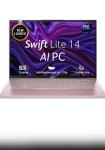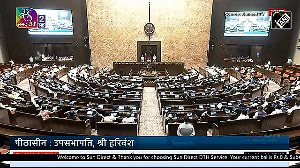Protesting against the Nuclear Suppliers Group waiver to India, Pakistan today blocked negotiations on Fissile Material Cut-off Treaty (FMCT), describing the move as "discriminatory" that will help New Delhi stockpile bomb- making nuclear materials.
Speaking at the the United Nations Conference on Disarmament in Geneva, Pakistan's Ambassador Zamir Akram said the "discriminatory waiver" provided by the Nuclear Suppliers Group (NSG) will help India to stockpile bomb-making nuclear(fissile) materials. The NSG waiver, Akram said, "will further accentuate the asymmetry in fissile materials stockpiles in the region, to the detriment of Pakistan's security interests."
For the last two years, Pakistan nearly blocked any progress in the FMCT negotiations. It maintained that "selective and discriminatory action of certain states in violation of their own national and international commitments, in pursuit of profit" has tilted the nuclear balance in favour of India. Without naming the United States, Pakistan's envoy said "one of the major powers has gone a step further by announcing its intention in November 2010 to support our neighbour's full membership in the four multilateral control regimes -- the Nuclear Suppliers Group, Missile Technology Control Regime, Australia Group and the Wassenaar Arrangement.Clearly this irresponsible undertaking raises several issues," said Akram, pointing how major nuclear powers have undermined the nuclear-Non Proliferation Agreement to accommodate India.
Akram had told reporters last week that Islamabad will not accept the nuclear Fissile Material Cut-off Treaty (FMCT) in its current form as it would enable India to increase its nuclear warheads at a rate of 40 per year following the waiver granted to New Delhi by the United States and other western countries.
Over the last 10 years, the Conference on Disarmament (CD) is nearly paralysed as





